

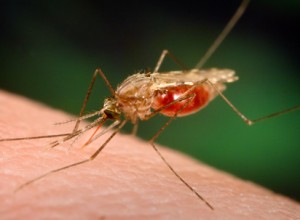 Dr Elias Asuming-Brempong, the Acting Head of Department, Biomedical and Public Health Research Unit (BPHRU), Water Research Institute, Council for Scientific and Industrial Research, has called for investments into malaria research and it’s elimination.
Dr Elias Asuming-Brempong, the Acting Head of Department, Biomedical and Public Health Research Unit (BPHRU), Water Research Institute, Council for Scientific and Industrial Research, has called for investments into malaria research and it’s elimination.
He said although there had been significant improvement in data recorded, the condition still needed dire attention to eliminate it like other African countries.
He made the call at the commemoration of this year’s World Malaria Day by his Department on the global theme: “From Bites to Breakthroughs – Reinvest, Reimagine, and Reignite” and the sub-theme, “Sharing Concepts of Disease Prevention and Control to Reignite Investments in Malaria Research” in Accra.
Dr Asuming-Brempong said Sub Sahara Africa bore 94 per cent of disease burden and had over two million death cases of malaria, with over 80 per cent of the deaths among children under five years.
In recent years, he said there had been efforts to reduce the burden in the region including Ghana, however, it had slowed down.
“So we are trying to reignite the passion and desire to see malaria driven away and kicked out for a malaria-free Ghana and Africa,” he noted.
One of the efforts, he said was the development of vaccines to fight the diseases, out of which the RTS,S vaccine had between 30 to 40 per cent efficacy.
The expectation for an effective and more vaccines, he said was growing, however there had to be a concerted effort with a number of strategies implemented to kick malaria out of the country.
Dr Akua Kyerewaa Botwe, a Malaria Expert and Research Scientist, BPHRU of the WRI, CSIR, speaking on the topic: “Malaria Vaccine Innovations for Prevention and Control”, said 130 malaria vaccines were at different stages of development globally, out of which 90 per cent targeted plasmodium falciparum, the most violent of all the species.
He said parasites could become resistant to any vaccine with time, hence the relevance of more investments for research to target the root causes of malaria and fight towards its elimination.
Dr Betty Bandoh Oppong, a Research Scientist, CSIR WRI, said the current malaria interventions in Ghana were the distribution of long-lasting insecticide nets, indoor residual spraying, and larval source management.
The rest are malaria vaccine RTS,S, intermittent preventive treatment for pregnant women, seasonal malaria chemoprevention, case management diagnosis and treatment (test, treat and track).
She defined malaria elimination as the interruption of a local transmission of a specified malaria parasite species in a defined geographical area as a result of deliberate action according the World Health Organization.
As part of the 14 countries that had achieved the elimination, she said were four African countries – Cape Verde, Egypt, Lesotho and Algeria, stating that Ghana could achieve same.
To achieve this, she called on research institutions to support research in malaria, fund projects on malaria (surveillance, vaccine research) and equip the labs to make it useful for top notch malaria research.
She encouraged researchers to seek collaborative projects in malaria, educate people on malaria and write educational reviews on malaria for the media as a way of education.
Speaking on the roles of individuals in malaria elimination, Dr Oppong admonished everyone to adhere to malaria preventive measures.
They include keeping a clean environment, using insecticide treated bed-nets, completing antimalarial medication when sick after testing all suspected cases first, protecting children from severe malaria with vaccination and reigniting the talk on malaria (prevention, treatment, elimination), she said, adding: “Malaria elimination is possible and starts with you!”
Source: GNA
The post Scientists call for investments in malaria research and elimination appeared first on Ghana Business News.
Read Full Story
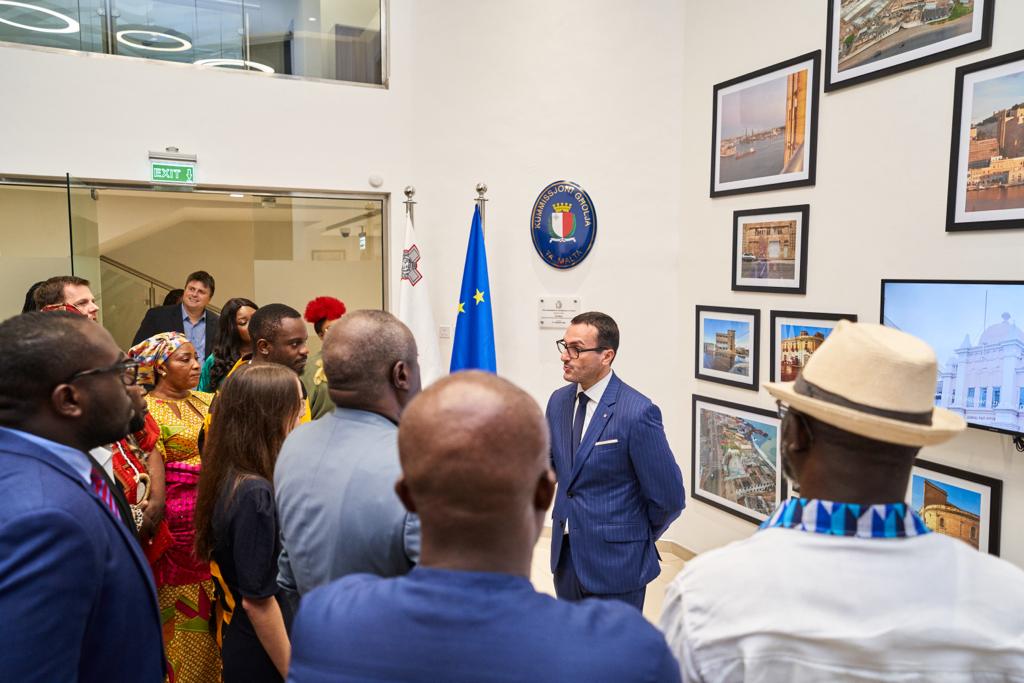
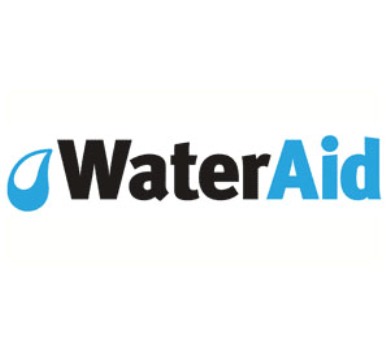

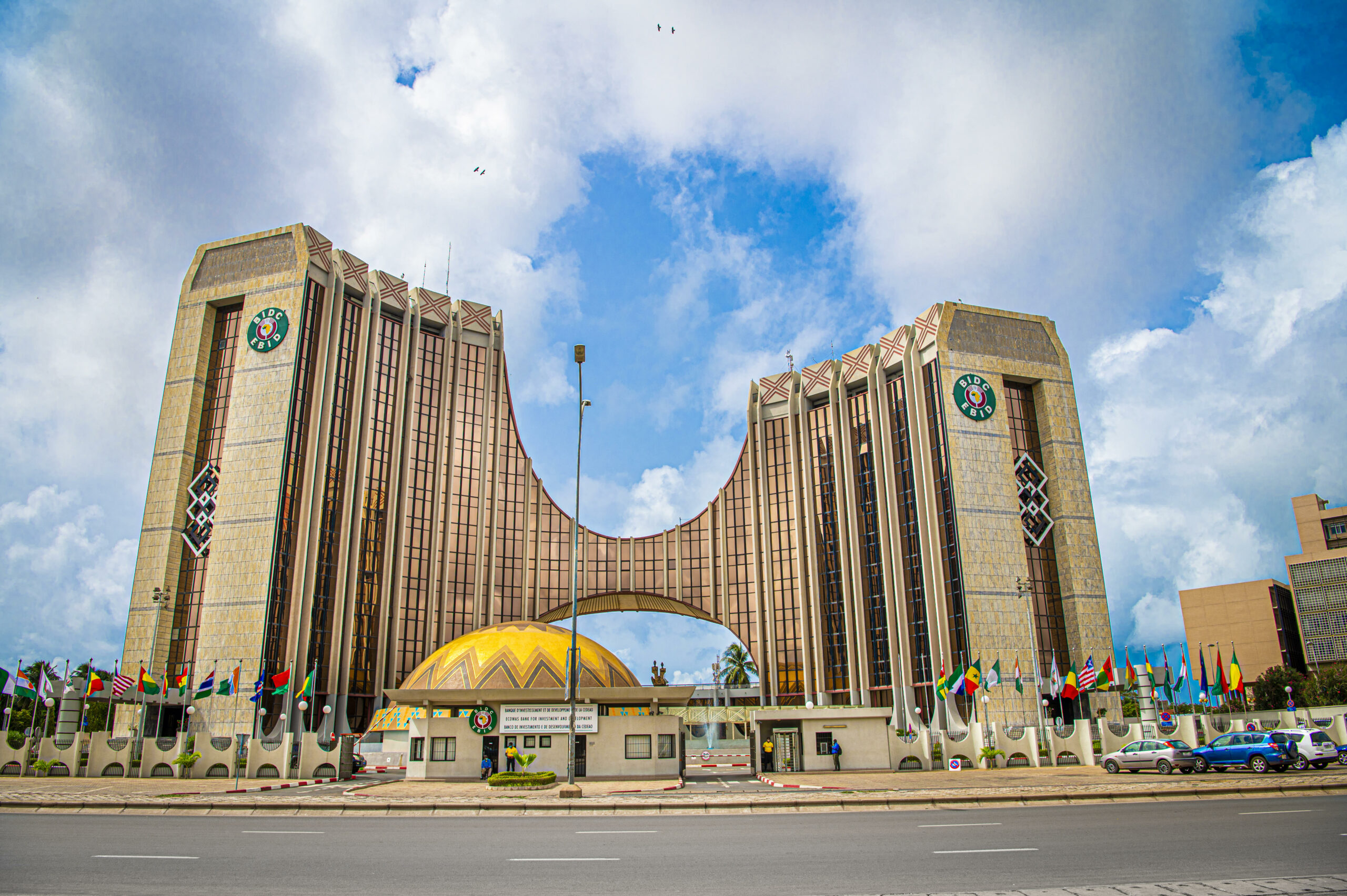
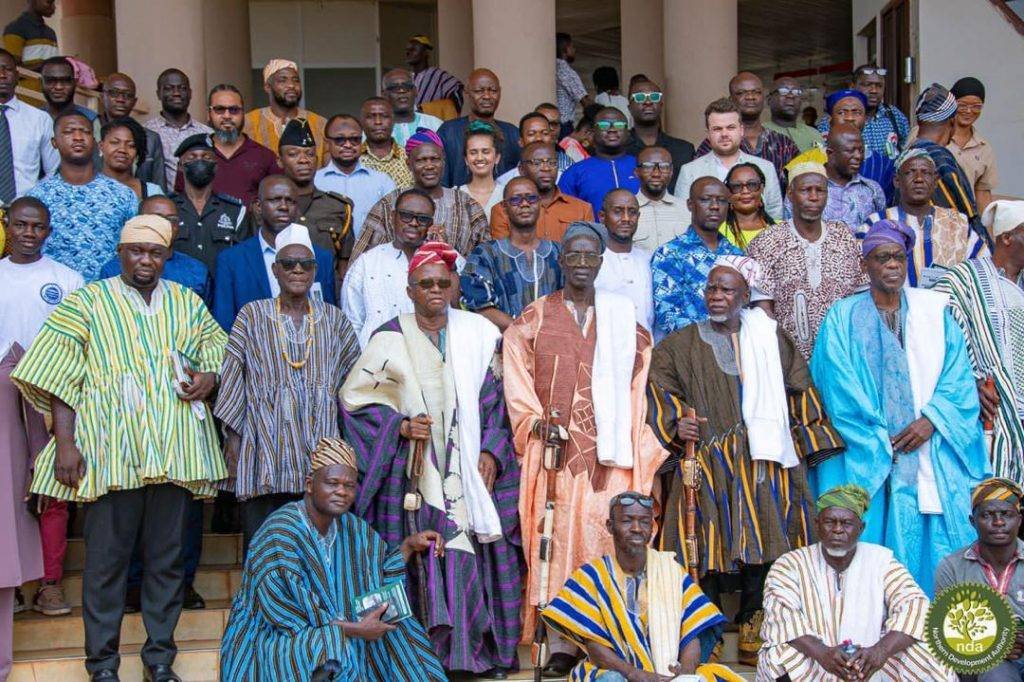


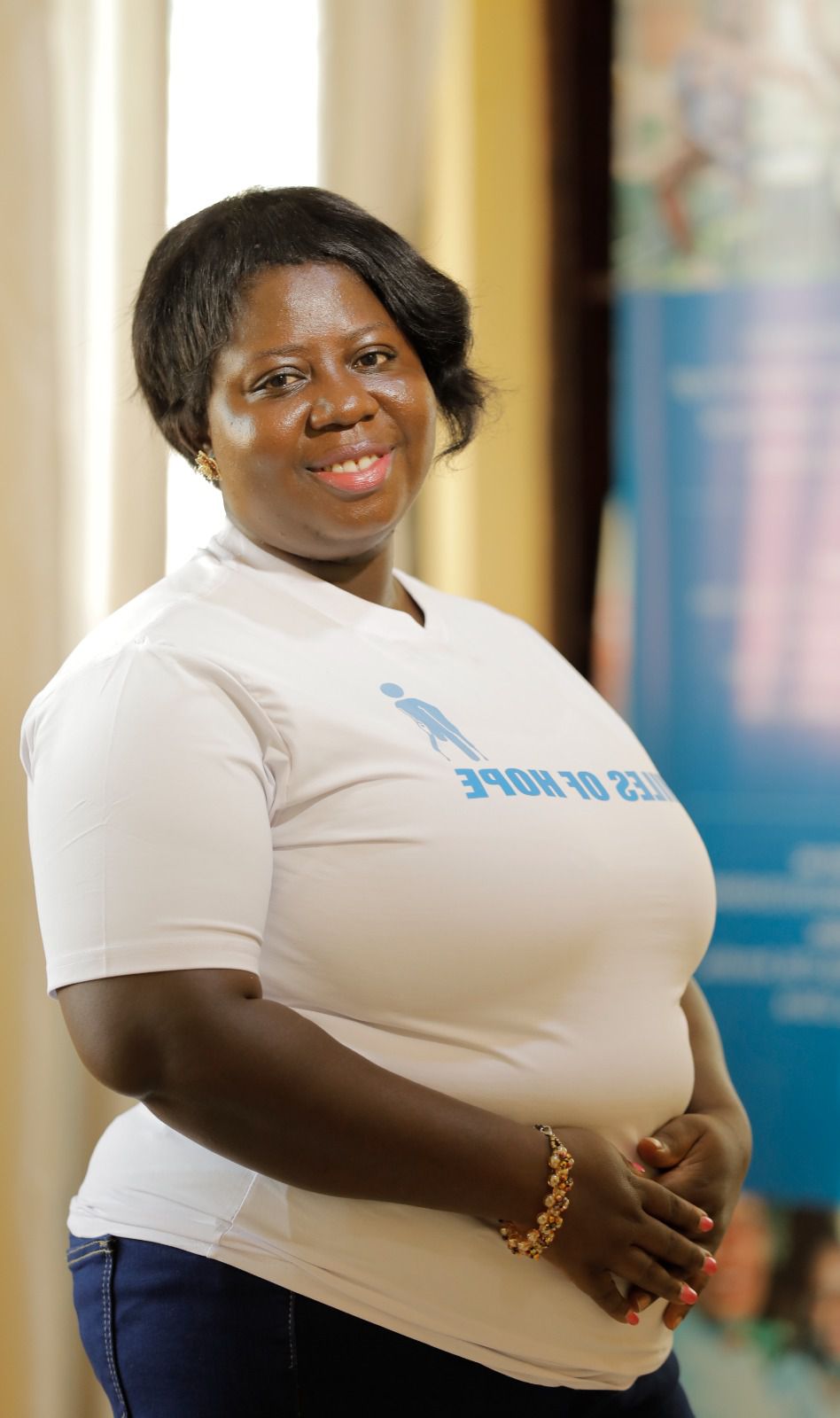





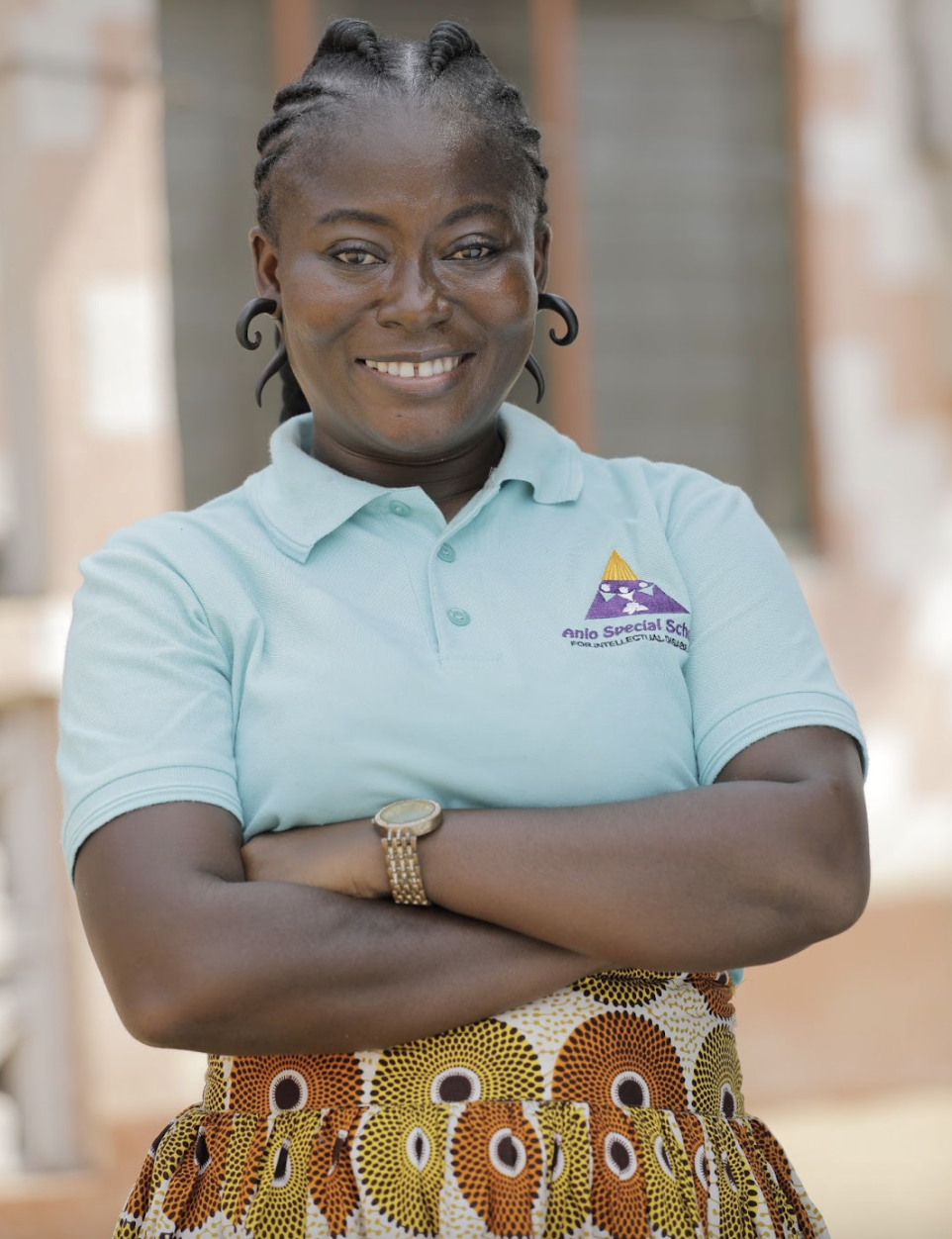



Facebook
Twitter
Pinterest
Instagram
Google+
YouTube
LinkedIn
RSS